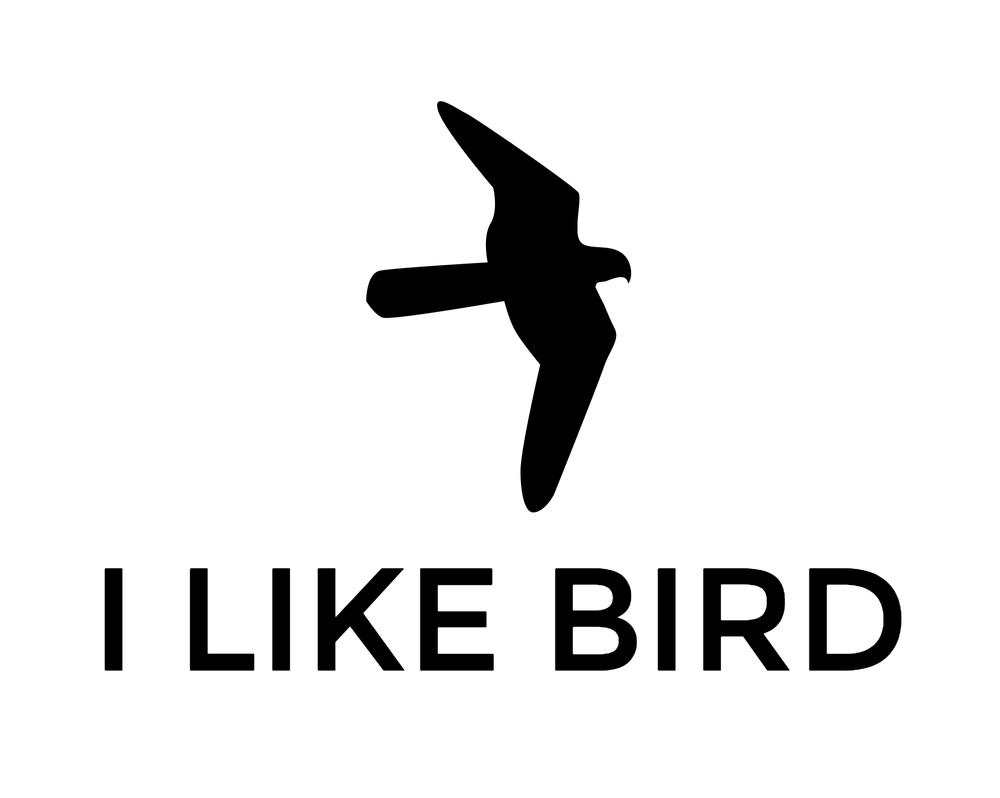Desperate times call for desperate measures - and the big freeze has prompted many types of wildlife to take drastic action over the last few days.
Wildlife lovers across the country have been reporting some incredible behaviour - herons in city gardens, meadow pipits far away from meadows, bearded tits in concrete car parks and grey seals lolloping their way inland to escape the frozen seas.
In my last blog I discussed what you can do to help birds survive the big freeze. Unsurprisingly, most of the tips centred around providing the food and water required to survive the day. For example, robins must eat a third of their body weight just to get through the night.
Grey seals in Lincolnshire have moved inland to escape the frozen seas CREDIT: BPM Media
Snow can hide much of the food which Britain's birdlife depends on, frozen ground makes foraging for worms near-on impossible, and icy lakes and rivers put an end to the fishing habits of our treasured water birds, such as herons and kingfishers.
Sherrie Alcock from Thatcham in Berkshire this week witnessed a very skinny heron stabbing at worms in her back garden - despite the fact she lives more than two miles away from the nearest lake or river. Desperate for food, the lanky river dweller had been forced away from its natural habitat in search of food.
Some grey herons have been found feeding in city gardens
Amanda Davies spotted the first ever meadow pipit recorded on Isleworth's Duke of Northumberland River in London. Miles away from the nearest open field, the pipit was picking at bird seed thrown onto a footpath by concerned local nature lovers.
This blogger, who works in a skyscraper next to London's Victoria Station, watched a 50-strong flock of lapwings passing over Westminster in search of food during one of Storm Emma's biggest flurries. And locals in Lincolnshire took pictures of grey seals desperately hoisting themselves inland in search of water, after parts of England's eastern shoreline simply froze solid.
Kingfishers often move towards the sea when their favoured rivers freeze over. To buy a framed copy of this picture, click here
This isn't the first time in recent years we have witnessed such desperate behaviours. Following a similar cold snap in 2010, BBC Winterwatch reported that usually mild-mannered birds like the water rail had turned predator - with one recorded hunting down a weak meadow pipit and tearing it to pieces live on camera.
What can I do to help?
Once again, the bottom line is that there are some very simple things that we can do to help our feathered friends. While you are out taking Richmond bird photos in the snow or Twickenham bird photos in the garden, take a moment to think of the fatty foods you could throw onto the lawn - such as nuts, fat balls and naturally oily seeds.
And don't forget about water. By smashing the ice of a birdbath, breaking up an icy puddle or pouring warm water onto a small pond, you could be saving a life.
To buy framed bird photos, visit www.ilikebird.uk



